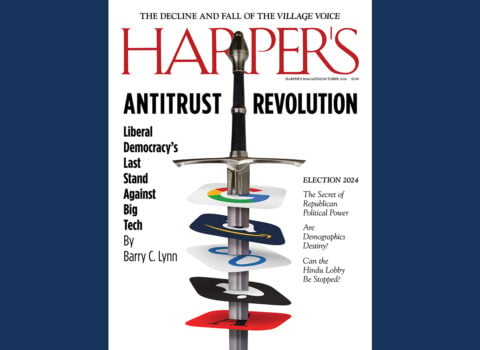Mining the Soviet Experience in Afghanistan
The Soviet Union assesses its Afghan campaign (March 2009)
On January 1, the New York Times published an analysis of the parallels between the American attempt to withdraw from Afghanistan and the Soviet experience there in the late 1980s:
What mostly is remembered about the withdrawal is the Soviet Union’s humiliation, and the ensuing factional bloodletting across Afghanistan that threw the country into a vicious civil war. It ended with Taliban control and the establishment of a safe haven for Al Qaeda before the terrorist attacks on Sept. 11, 2001.
The Times article was based on recently released documents detailing Mikhail Gorbachev’s attempts to end the Soviet campaign. In our March 2009 issue, Harper’s published a translation of a Russian archival document that had similarly striking overtones:
Meanwhile, the war in Afghanistan continued, and our troops were getting engaged in extensive combat actions. Finding any way out became more and more difficult as time passed. Combat action is combat action. Our losses in dead and wounded — and the Central Committee believes it has no right to hide this — were growing heavier and heavier. . . . There is a reason people say that each person is a unique world, and when a person dies that world disappears forever. The loss of every individual is very hard and irreparable. It is hard and sacred if one died carrying out one’s duty.





